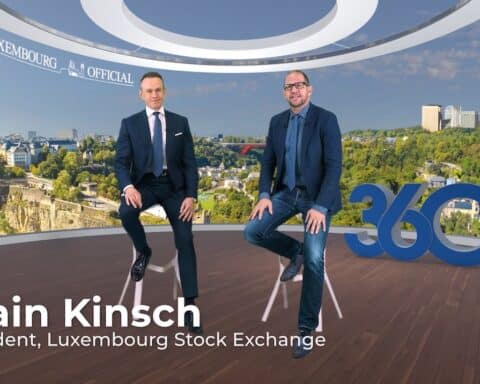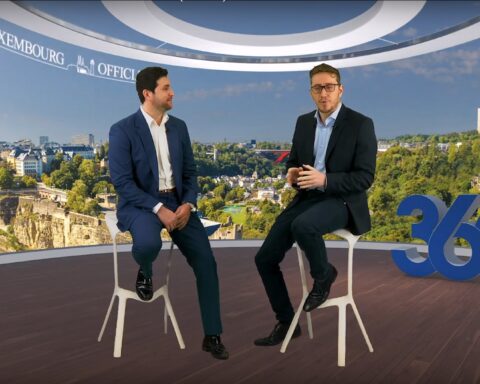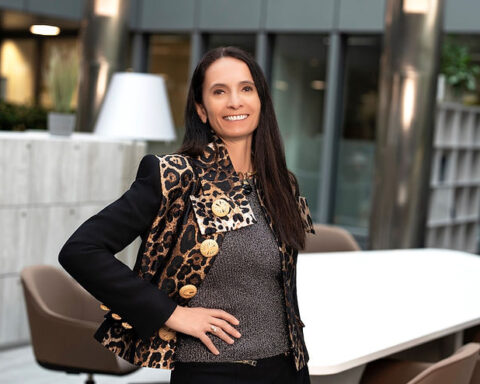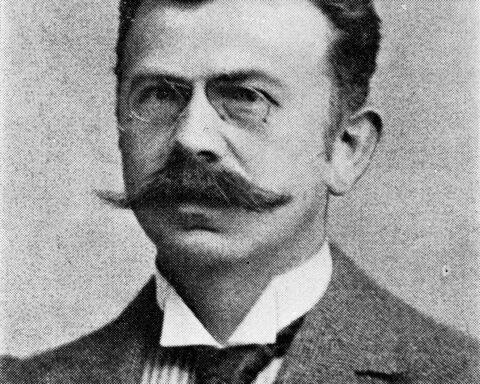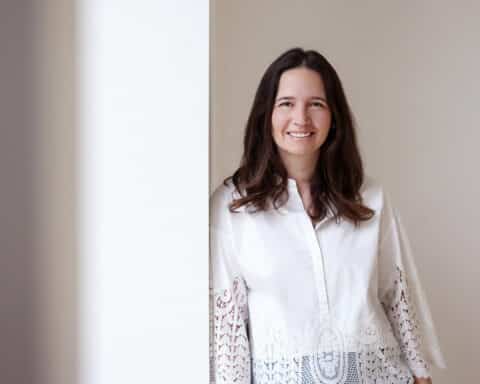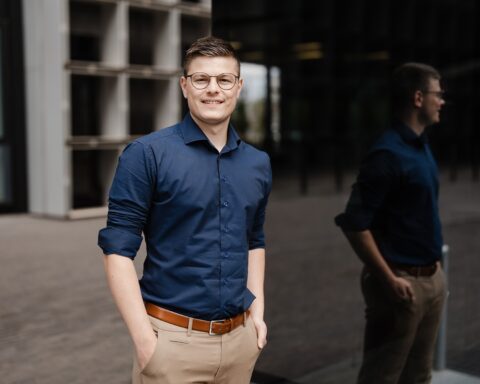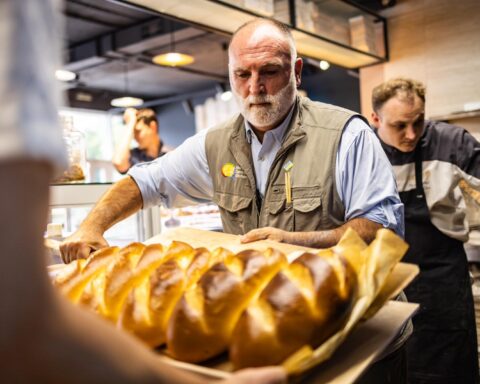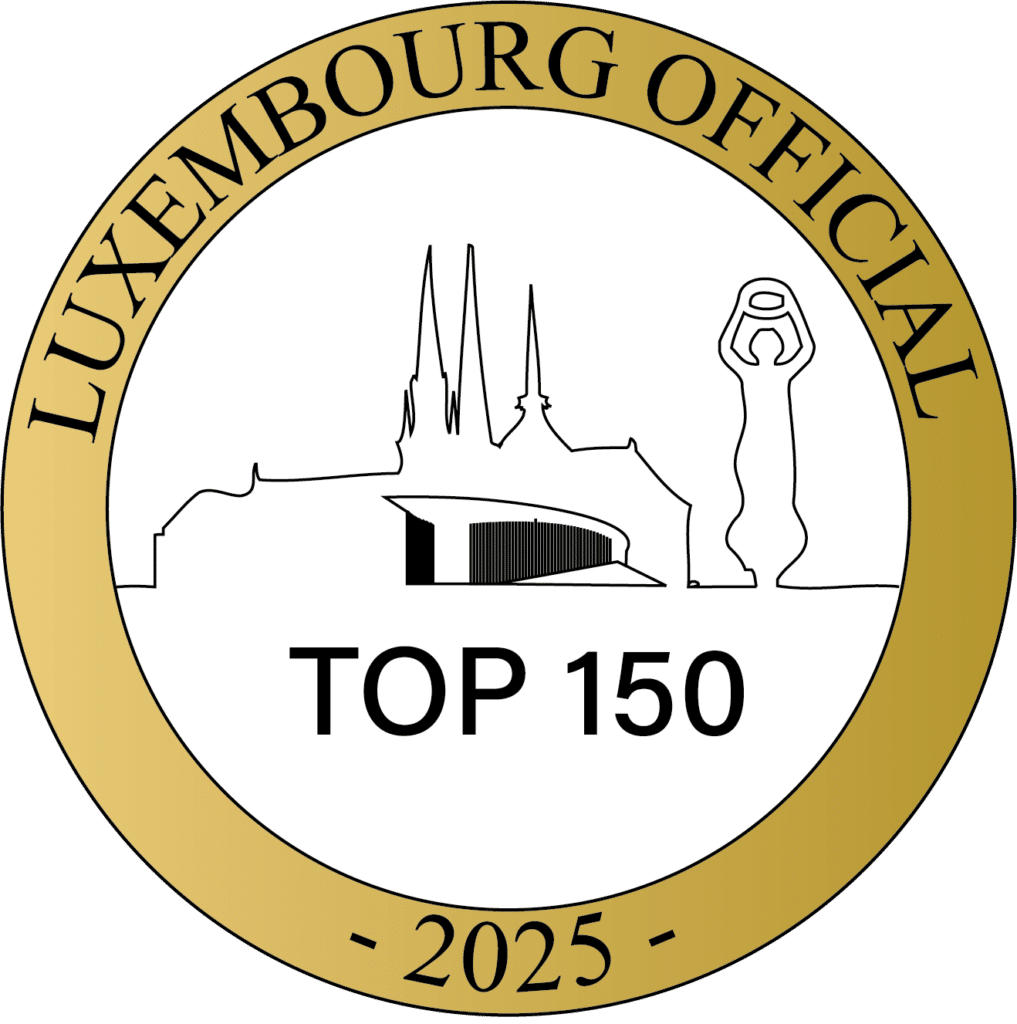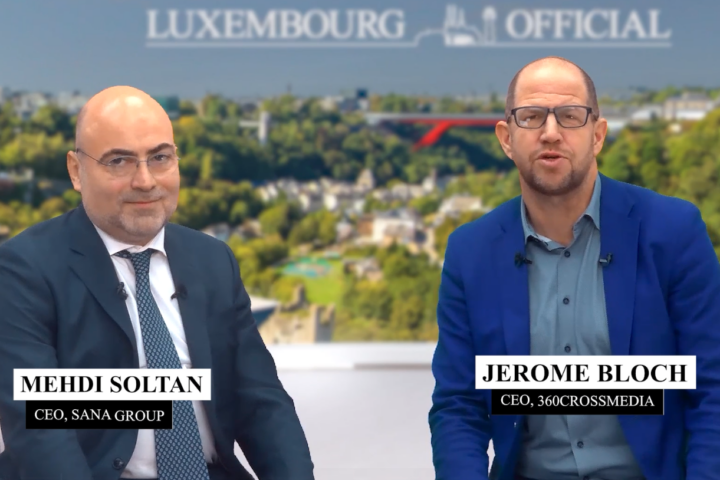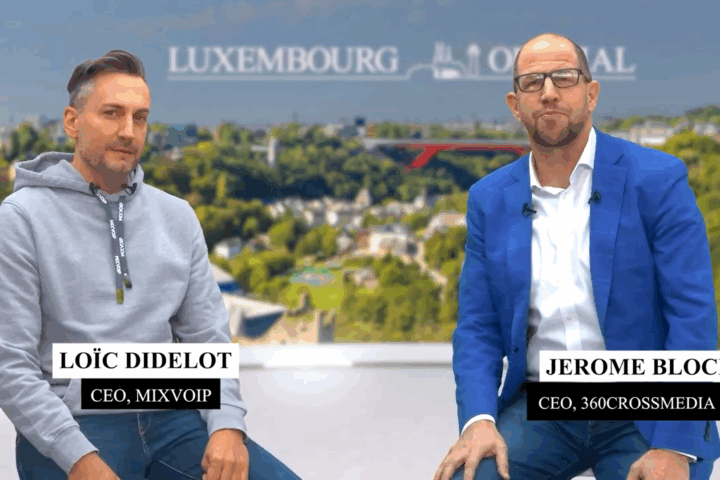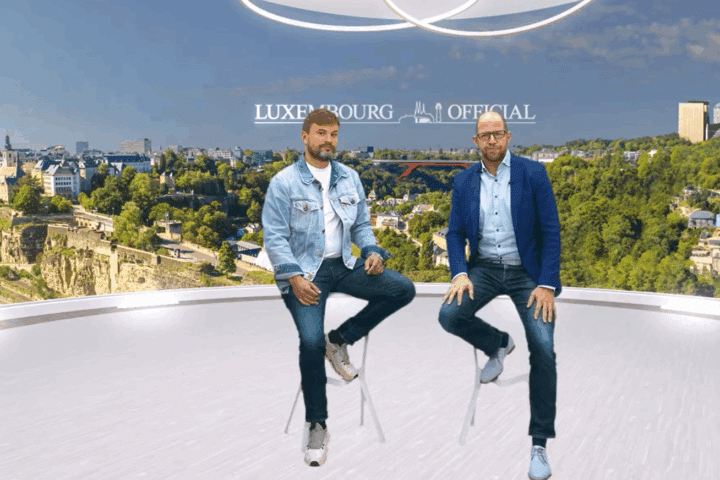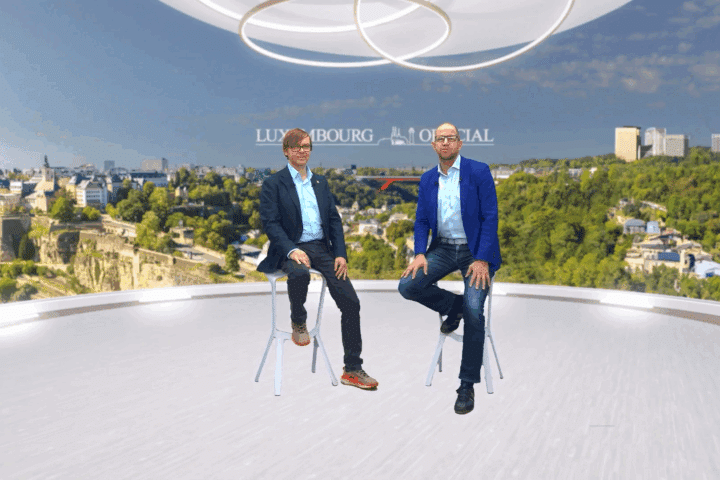Balancing development with environmental protection and social cohesion
Having held the culture, housing and justice portfolios in the last government, Sam Tanson has returned to the Chamber of Deputies, where she says the Greens party will continue to prioritise environmental protection and efforts to curb climate change, as well as seeking improvement of wealth distribution to reduce poverty and ensure social cohesion.
What is the Greens party’s agenda in Luxembourg today?
Sam Tanson: We have many challenges in Luxembourg, although environmental protection and climate change remain our top priority. While international issues such as the war in Ukraine and global economic issues dominate discussions, we should not forget our responsibility to future generations. Social justice is also fundamental – Luxembourg is a wealthy country, but poverty exists, and wealth distribution must improve to ensure social cohesion, and a sustainable economy is key to achieving these goals. Energy policy has been a focus over the past five years, and Luxembourg has expanded its share of renewable energy in total consumption, but we need do more. We must also balance development with environmental protection – natural spaces contribute to wellbeing, and we need to ensure our development does not damage them.
Given the recent rollback of the EU’s sustainability regulations, do you think the push for green policies was too aggressive?
Sam Tanson: It’s a double-edged sword. While some industries are protesting about over-regulation, large companies such as Ferrero support maintaining sustainability commitments. Right-wing populist movements have been arguing against regulation, and in response centrist parties have been scaling back ambitions. But the environmental crisis hasn’t disappeared. For example, the EU’s Corporate Sustainability Due Diligence Directive aims to ensure ethical production standards. If we roll back these policies, we risk long-term damage. However, we are not going to repeat the mistakes of the past by halting investment in the future of the country. There is a lot of discussion about infrastructure, which is necessary—whether in terms of mobility, healthcare, education or climate protection. Even with all the challenges we face, we believe it is essential to continue these investments.
“We are not going to repeat the mistakes of the past by halting investment in the future of the country.”
While 48% of Luxembourg’s population consists of non-citizens, but parliamentary debates are published only in Luxembourgish. Should this change? And should there we better access to information?
Sam Tanson: Parliamentary debates used to be in French. The transition to Luxembourgish represented an advance, I agree that accessibility must improve. Several press outlets provide multilingual content, and AI translation could offer a solution. I also accept that transparency is essential in Luxembourg and information in some areas remains opaque, although we do have legislation allowing access to public documents. Parliamentary tools exist to request such information, and we should re-evaluate our policies to ensure they remain viable. A culture of acknowledging and correcting mistakes is crucial in politics.

